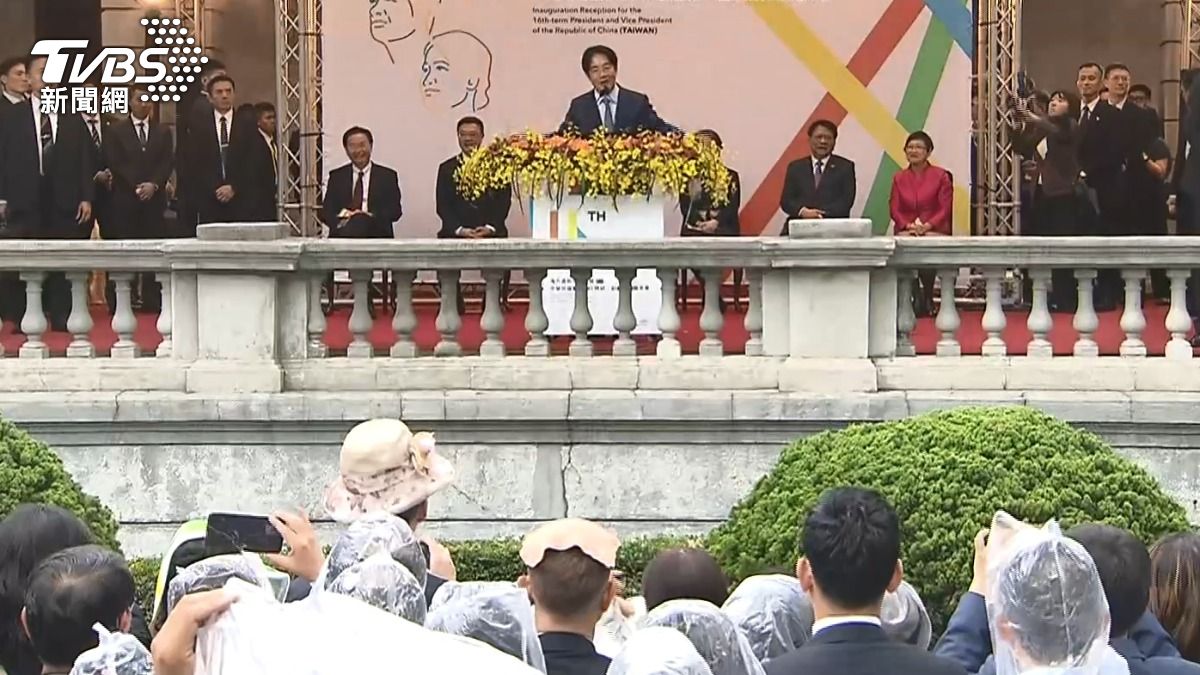TAIPEI (TVBS News) — Japanese political scientist Ogasawara Yoshiyuki (小笠原欣幸) noted in a Sankei Shimbun (產經新聞) commentary on Tuesday (May 21) that Taiwanese President Lai Ching-te's (賴清德) speech, themed "Building a democratic, peaceful, and prosperous new Taiwan," deliberately omitted any mention of the "One China" principle and the "1992 Consensus," signaling a strong wariness towards China.
Lai emphasized the continuation of Tsai Ing-wen's (蔡英文) policies and the protection of Taiwan's status quo in his inaugural address on May 20.
His assertion that the Republic of China (Taiwan) and the People's Republic of China do not belong to each other reflects the mainstream consciousness in Taiwan, where a recent poll in April showed that 76.1% of Taiwanese view Taiwan and China as two separate countries.
Ogasawara pointed out that Lai avoided sensitive topics such as drafting a new constitution to prevent unnecessary provocation toward China. However, the scholar also highlighted the abstract nature of domestic issues addressed in Lai's speech compared to his predecessor, reflecting the Democratic Progressive Party's (民進黨) governance challenges.
The legislative elections saw many young voters supporting other parties, leading to the Kuomintang (KMT, 國民黨) becoming the largest party in the Legislative Yuan.
This shift, coupled with recent cross-party conflicts, could allow China to exploit the situation by pushing for legal amendments unfavorable to Taiwan through the opposition's majority.
Ogasawara believes attracting young people who are less concerned about cross-strait issues is crucial for Lai's administration. Despite not mentioning Japan in his speech, Lai's close relations with many Liberal Democratic Party (自民黨) members suggest his presidency could benefit Japan.
Lai's strategic avoidance of provocative topics and focus on maintaining the status quo underscore the delicate balance his administration seeks to achieve amidst internal political shifts and external pressures. How this approach will resonate with Taiwan's youth and impact cross-strait relations remains a key area of interest.



